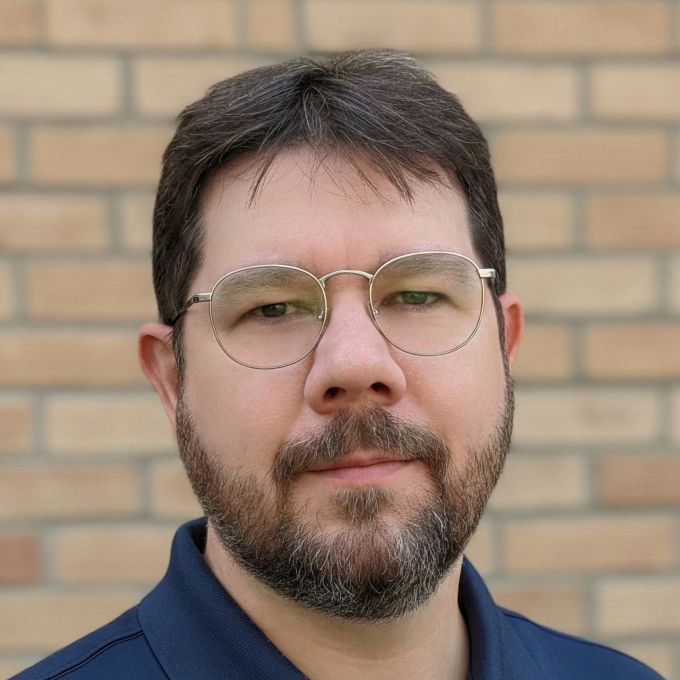The 7 stages of accepting that you probably do not have free will
1. Shock / Disbelief
"Wait, what do you mean I don’t have free will?"
Encountering the idea for the first time can be unsettling. Many people are startled, as the belief in personal freedom feels deeply ingrained.
2. Denial
"That’s ridiculous. I make my own decisions all the time!"
Here, one might resist the idea, clinging to their experience of conscious choice. The idea that all actions are determined by brain chemistry, physics, or fate feels counterintuitive.
3. Anger / Frustration
"If I don’t have free will, then what’s the point of anything?"
This stage can be accompanied by existential frustration. It’s common to feel upset at the thought that personal achievements, morality, or even guilt may not be within one's control.
4. Bargaining
"Maybe we don’t have total free will, but we still have some influence, right?"
One tries to reconcile the deterministic view with their lived experience by entertaining hybrid models like "compatibilism"—the idea that determinism and free will can coexist.
5. Depression / Existential Dread
"Does anything I do even matter?"
After realizing how much of life might be predetermined, there can be a sense of futility or despair. Questions about the meaning of life or morality may surface.
6. Testing / Exploration
"Okay, if I don’t have free will, how should I live?"
This phase involves intellectual curiosity. People might explore philosophical concepts like determinism, compatibilism, or nihilism, and study thinkers such as Spinoza, Schopenhauer, or Sam Harris.
7. Acceptance / Peace
"I can live without free will, and that’s okay."
In the final stage, one finds emotional equilibrium, accepting that actions, thoughts, and experiences unfold within a predetermined framework. Rather than resisting, they focus on how to live meaningfully even if they are not ultimately 'in control.'
